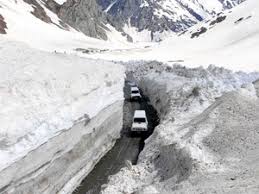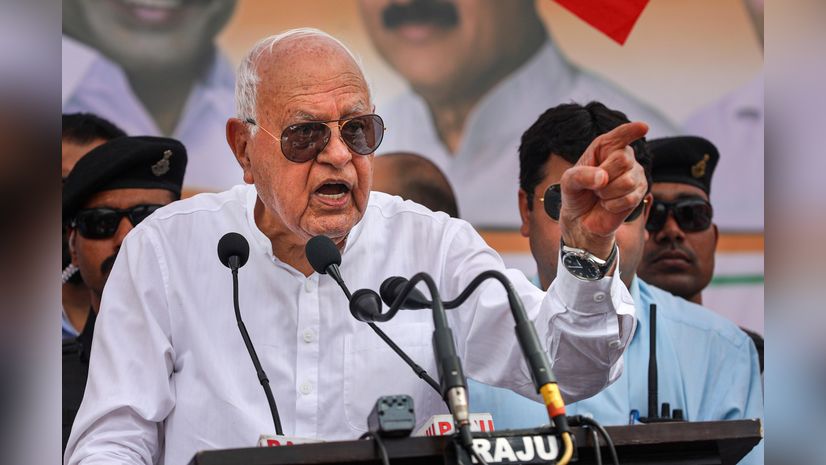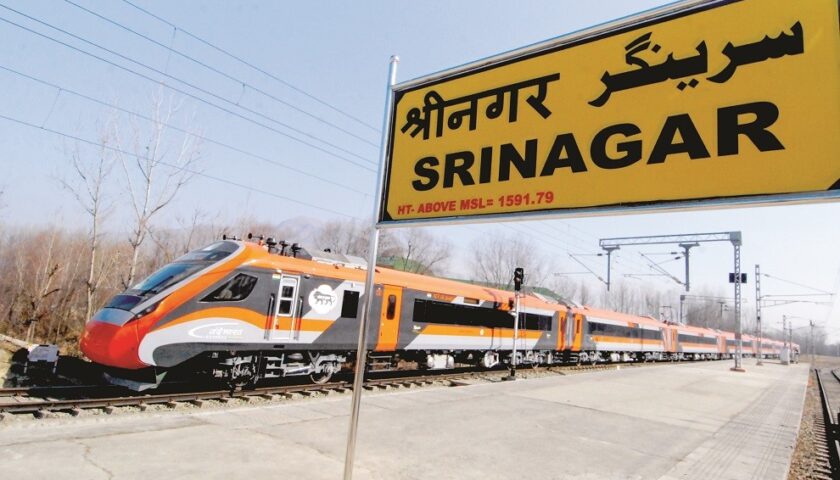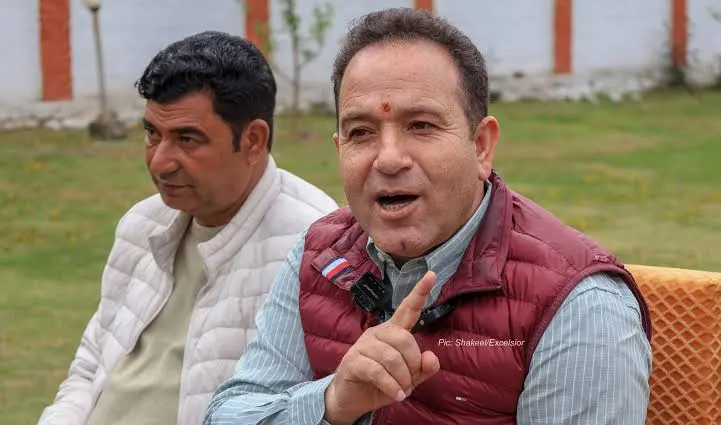Situated at an altitude of 11,578 feet on Srinagar-Kargil-Leh National Highway, the pass remains closed during winters (December to April). Heavy snowfall and avalanches cut off Leh-Ladakh region from Kashmir.
The cabinet on Thursday approved the construction of a 14.2 km tunnel in Zoji La, to provide all-weather connectivity between Ladakh and Kashmir, while also giving a strategic edge to the armed forces in the region.
The project, said to be Asia’s longest bi-directional tunnel, is estimated to cost Rs 6,809-crore. Union Road Transport and Highways Minister Nitin Gadkari said Prime Minister Narendra Modi would attend the bhoomi poojan in May-June this year. The tunnel is estimated to be completed in seven years.
“The region of Ladakh remains cut off from the rest of the country during the winter months due to heavy snowfall. This tunnel will not only provide all-weather connectivity for the first time, but will also be of strategic value to the armed forces,” said Gadkari, speaking to reporters after the meeting of the Cabinet Committee on Economic Affairs, which cleared the construction, operation and maintenance of the two-lane bi-directional “Zoji La Tunnel with Parallel Escape (Egress) Tunnel”.
Situated at an altitude of 11,578 feet on the Srinagar-Kargil-Leh National Highway, Zoji La remains closed from December to April due to heavy snowfall and avalanches, cutting off the Ladakh region from Kashmir. The site where the tunnel is planned sees minimum temperatures of -40 degrees Celsius, making construction work difficult. While the tunnel plan was first mooted about two decades ago, it could not take off.
“It (project cost) includes the cost towards land acquisition, resettlement & rehabilitation and other pre-construction activities as well as maintenance and operation cost of tunnel for four years,” said the Ministry of Road Transport & Highways in a statement.
The estimated civil construction cost is Rs 4899.42 crore. Infrastructure major IL&FS Transportation emerged as the lowest bidder in July last year.
The 14.1 km two-lane bi-directional single tube tunnel will have a parallel 14.2 km egress tunnel, excluding approaches between Baltal and Minamarg in the Valley. The construction of approaches of this tunnel is being undertaken separately.
The project will be implemented by the Ministry of Road Transport & Highways through the National Highways and Infrastructure Development Corporation Limited (NHIDCL), said officials.
Speaking on the strategic importance of the project, Gadkari said “this all-weather tunnel will give our Army the edge in the area”. He added that the Kargil war with Pakistan happened because Indian troops could not remain in the region due to the absence of all-weather connectivity. He also pointed out the socio-economic benefit for the Ladakh region.
This project, along with other ongoing projects like the 6.5 km long Z-Morh tunnel at Gagangir, would ensure safe, fast and cheap connectivity between the two regions of Kashmir and Ladakh. “The project, on completion, would lead to enormous boost in employment as local businesses get linked to the national market and the beautiful region is able to receive round-the-year tourist traffic,” said an official statement.
The Union Cabinet has approved the construction of Asia’s longest bi-directional Zojila Pass tunnel, which will reduce the travel time on the Zojila pass patch between Srinagar and Leh to 15 minutes from the current 3.5 hours.
Here is everything you need to know about the project:
— Zojila pass is situated at an altitude of 11,578 feet on Srinagar-Kargil-Leh National Highway which remains closed during winters (December to April) due to heavy snowfall and avalanches cutting off Leh-Ladakh region from Kashmir.
— The Cabinet Committee on Economic Affairs, chaired by Prime Minister Narendra Modi, gave its approval to the construction, operation and maintenance of 2-lane bi-directional Zojila Tunnel with Parallel Escape (Egress) Tunnel excluding approaches on Srinagar-Leh section connecting NH-1A at Km 95 and at Km 118 in Jammu and Kashmir on engineering, procurement and construction (EPC) mode.
— The construction of the tunnel will provide all-weather connectivity between Srinagar, Kargil and Leh and bring about all-round economic and socio-cultural integration of these regions.
— The construction period of the project is seven years which shall be reckoned from the date of commencement of construction. The civil construction cost of the project is Rs 4,899.42 crore.
— The total capital cost of the project is Rs 6,808.69 crore. It includes the cost towards land acquisition, resettlement and rehabilitation and other pre-construction activities as well as maintenance and operation cost of the tunnel for four years.
— The main objective of the project is to provide all-weather connectivity to strategically important Leh region in Jammu and Kashmir which at the moment is limited to at best six months because of snow on the passes and threat of avalanches.
— Once operational, the tunnel would cut the travel time by over three hours while also bringing about all-round economic and socio-cultural integration of the region. Talks about constructing this tunnel had started some 20 years ago.
— As per government, tenders were issued four times for the project but it was only after the government relaxed some technical and financial qualifications that contractors started showing interest.
— The project along with other ongoing projects like 6.5 km long Z-Morh tunnel at Gagangir would ensure safe, fast and cheap connectivity between the two regions of Kashmir and Ladakh
— The project aims at the construction of 14.15 km long two-lane bi-directional single tube tunnel with a parallel 14.2 km long egress tunnel excluding approaches between Baltal and Minamarg in the state.




